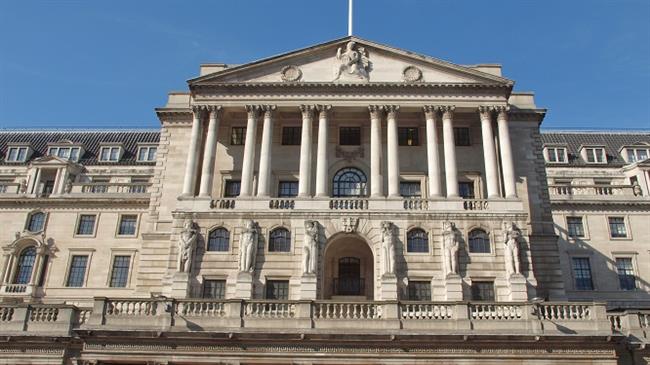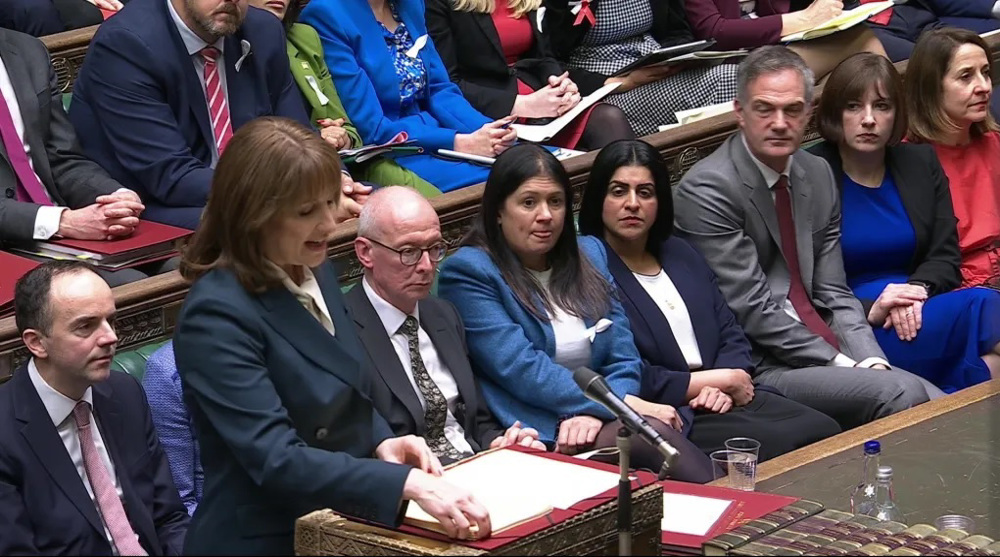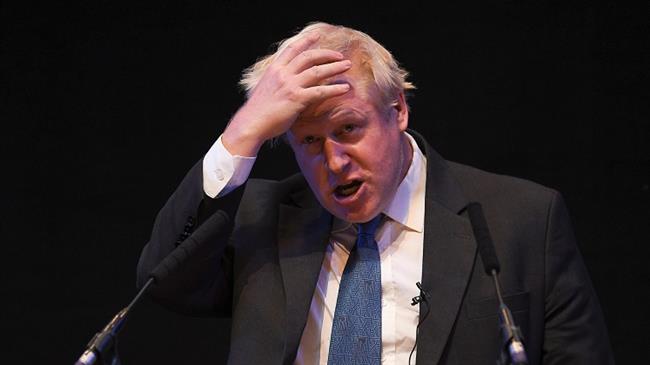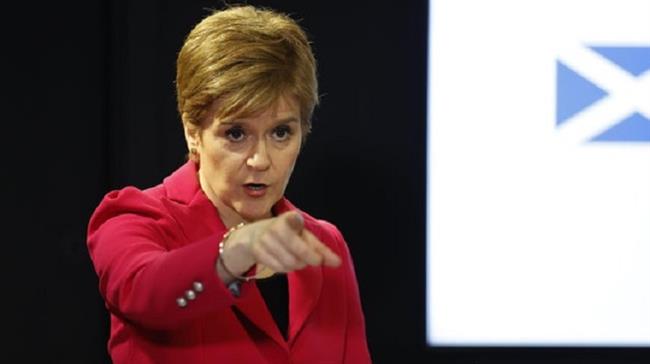Bank of England considering 'printing money' to contain Coronavirus crisis
As the coronavirus outbreak worsens in the UK, the British establishment is considering resorting to more and more drastic measures to contain the crisis.
Earlier today, the governor of the Bank of England, Andrew Bailey, told Sky News he is considering printing money to distribute to households to ease their financial burden.
New: Andrew Bailey tells @skynews @bankofengland will do "what it takes" to get UK through what he describes as an unprecedented economic "emergency".
— Ed Conway (@EdConwaySky) March 18, 2020
- "The Bank of England's not done"
- Asked abt radical moves eg printing money to give to households: "I don't rule anything out"
Bailey, who is effectively in charge of the UK’s central bank, said the Bank of England will do “what it takes” to overcome the “unprecedented” economic “emergency”.
The intervention of the governor of Bank of England is remarkable in itself, but the suggestion that the UK central Bank is going to print money – and risk setting in motion inflationary forces – will come as a surprise to most seasoned British economic observers.
Bailey’s intervention underscores the gravity of the economic and financial situation in the UK, with many companies either drastically reducing their employees’ working hours or in some cases making them redundant altogether.
In addition, many workers are being forced to work from home, which could have an adverse impact on their wage packets.
The idea of mass cash handouts is presumably designed to partially remedy the situation by making sure most working families can continue to make ends meet during the crisis.
It also indicates that the Chancellor, Rishi Sunak’s £330 billion bailout package for UK businesses, announced yesterday, hasn’t managed to assuage widespread fears of economic and financial chaos in the wake of the coronavirus pandemic.
Strikes on civilians during 12-day war proved nuclear issue was just an excuse: Senior diplomat
VIDEO | Press TV's news headlines
VIDEO | Tunisia's Labor Union in crisis as its head submits resignation
Israeli settler rams all-terrain four-wheeler into praying Palestinian
Iran’s enemies seeking to make up for military losses with economic warfare: FM
VIDEO | Another Christmas under occupation
Index shows global disapproval of Israel due to Gaza genocide
VIDEO | Libyan military chief killed as plane crashes near Ankara













 This makes it easy to access the Press TV website
This makes it easy to access the Press TV website